Recruitment has gotten better as technology has been developed over the years. These technologies include artificial intelligence software that has the capability of making all recruitment processes increasingly easier and better. But what does AI give to recruitment, and how will it affect the future of all human resources sectors?
According to a Forbes article published in June of 2022, over 55% of companies had invested in automation and other intelligent software for their recruitment. As of the publishing of this article in mid-2023, that number is likely to have increased to 80% globally.
The transition from human to machine has been easy for most companies, and it doesn’t mean the human workforce was replaced. Still, rather their tasks have been facilitated to benefit efficiency and long-term progress, which we will expand on later in this article.
In this article, we will be touching upon the role AI plays in this process and discuss the present and future impact AI will have on HR processes.
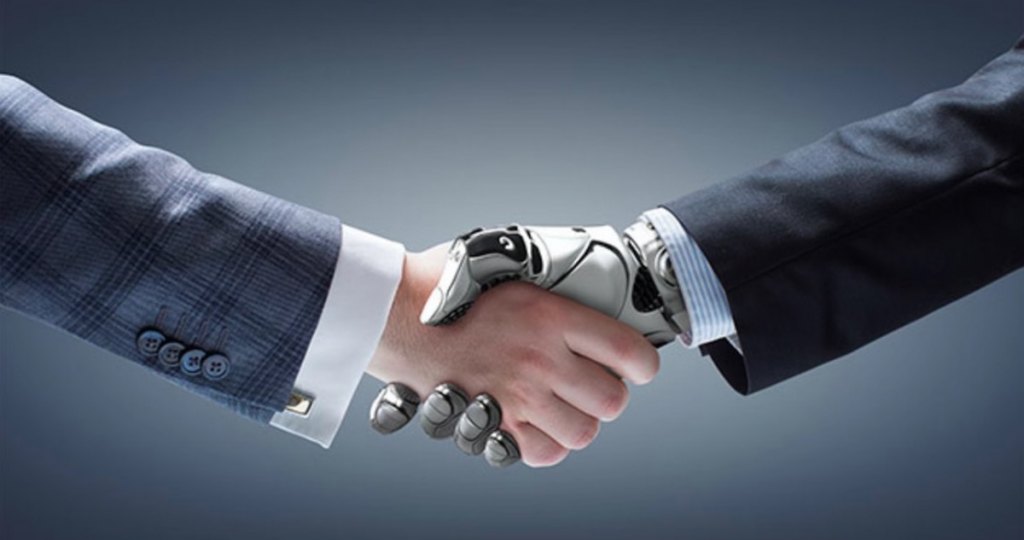
Summary of uses for AI in Recruitment
Before we discuss the uses of artificial intelligence for HR in depth, we will be summarizing the various ways it has changed the game, beginning with automation. Various tasks that don’t necessitate human focus or any critical thinking have been automated, allowing recruitment professionals to shift their focus elsewhere.
Candidate identification, selection, and screening have also been automated and have become an accurate and speedy process. This identification has also transformed into intelligent chatbots that can aid candidates with any generic questions they may have.
Lastly, AI has been used for program recommendations and the training of employees thanks to the all-seeing nature of the software. The benefits software has over people is how easily it can gather data and monitor things such as workflow, online activity (to a certain extent), and so on, making it extremely useful for a company striving for efficiency and healthy work experiences.
AI helps human resources in five factors: nurturing, engaging, scheduling, screening, and lastly sourcing candidates.
Understanding the workings of AI for HR
All artificial intelligence runs on intuitive processing algorithms and massive amounts of gathered data. The software then manipulates the various algorithms to form predictive analysis by identifying pattern behavior in data sets.
As you will come to find out further in this article, these complex processes provide more benefits than setbacks to companies, even though they need large computing power to complete them. The benefits outweigh the costs of maintaining these technologies.
Candidate selection and screening
A unique benefit AI provides recruitment teams in comparison to manpower is the individualization of the selective process. Employee Value Propositions, or EVPs, are a useful form of personalized outreach toward candidates where their specialization and unique needs are targeted.
This is all possible thanks to applicant tracking systems, or ATS, which are a part of most AI software made for recruitment.
The way AI-powered ATS works is it focuses not just on tracking programmed keywords but uses algorithms to understand and rank more hypothetical forms of speech using context and language pattern recognition. The software can differentiate between language models as well.
The speed and accuracy of this software forego anything a human could compute within the same time span, meaning thousands of resumes can be scanned for adequate job matches in a fraction of the time. The process focuses on job title, location, type of industry, experience, and so on.
The cost of screening each candidate has been reduced by 75%, according to an article published by Ideal, and this cost is set to decrease further as more companies adopt the use of AI in their recruitment.
Chatbots
A part of recruiting is constant communication. Artificial intelligence has become complex enough to provide answers to questions, reminders, schedule meetings and interviews, and updates on job listings.
The reason these chatbots are so crucial to the process is that they offer a connection from the candidate to the company without the hassle of having humans take the time on the repetitive task of answering questions and such. Better labor allocation is crucial in today’s fast-paced business environment.
Higher-tech artificially intelligent chatbots can even conduct questionnaires and interviews on candidates to qualify them for an interview with a real recruiter at a company. The efficacy of interview scheduling is also done by AI, merging the two individuals’ calendars to identify when would be best for both.
Digital interviews using AI
An almost dystopic addition to the incorporation of artificial intelligence into recruitment is the use of AI during interviews with candidates. Artificially intelligent video assessing software is being incorporated into recruitment interviews to further analyze aspects a human might miss.
The AI can analyze word choices, facial expressions, body language, and patterns found in human speech to enhance the determining of soft skills within a candidate. Soft skills are an essential part of jobs that involve a direct connection to their customer base and are skills not every candidate will possess, no matter how qualified they might be on paper.
This advancement has proven especially useful for hiring remote workers whom you can’t necessarily meet in person. As mentioned earlier, if the candidate ticks all the boxes during the interview, their interviews can then be forwarded to human superiors in the recruitment system and even scheduled automatically.
The future has plans for artificial intelligence fully conduct the hiring process, with rendered interviewers conducting the process instead of people. This wouldn’t mean any employees are being replaced since it is simply a reallocation of manpower.
The benefits of AI-enabled recruitment above in mind, you can take it further by measuring its outcome and comparing it with your old hiring routine. Simply using a time tracker for employees involved in the HR process will allow you to quantify AI’s benefits at every stage of your recruitment pipeline.
Further benefits of AI incorporation and future developments
The quality of hire will increase from these innovations thanks to the accuracy of using AI for recruitment. The data insights it provides recruiters are a benefit to companies in the long run, working towards optimizing and having feedback on their current processes.
The time that is saved from the speed advantage AI has over humans, in turn, not only makes the customer happier but also cements the saying “time is money.” With everything moving faster, companies have the freed capacity to do more.
Hiring bias is also completely removed (if not programmed into the data sets). Any prejudices towards ethnicity, gender, age, or religion are removed since the AI will not be making decisions based on these pretenses, using necessary factors for job qualifications instead. Diverse hiring is necessary to maintain efficient, innovative teams since each team member can add various things.
As for the future, we’ve addressed some aspects within this article. The realistic approach is accepting that AI will replace some parts of your job but will lend time for others. Global predictions state that a decrease in manpower for certain jobs will lead to new forms of employment coming into existence, leaving room for humans to innovate and educate.
The human aspects of work will take the forefront, such as relationship building, personal time, marketing projects, and conferences. This transition to AI will necessitate companies to rethink their recruitment strategies as well as set realistic boundaries to strike a balance between humans and technology, taking into account skills and human experiences.




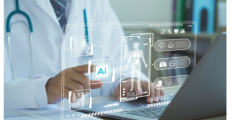


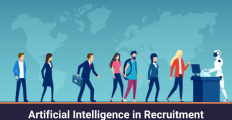
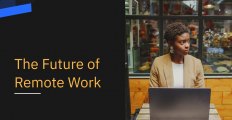
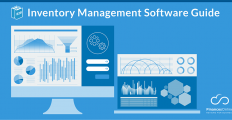













Leave a comment!